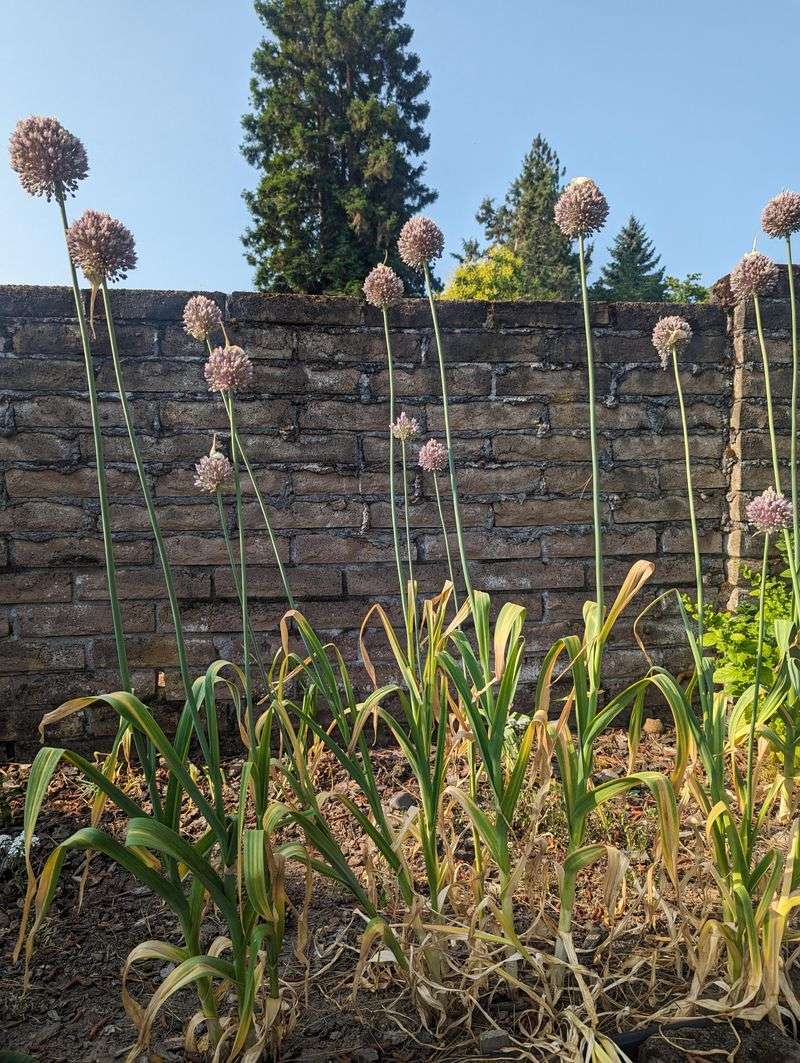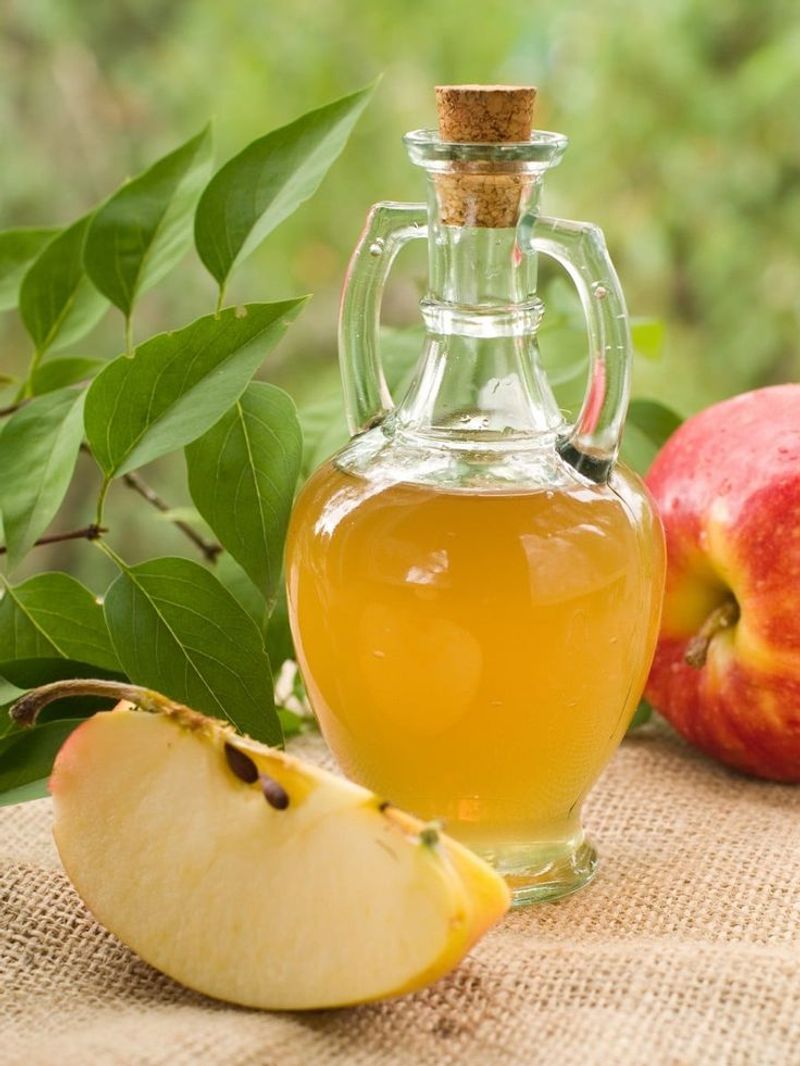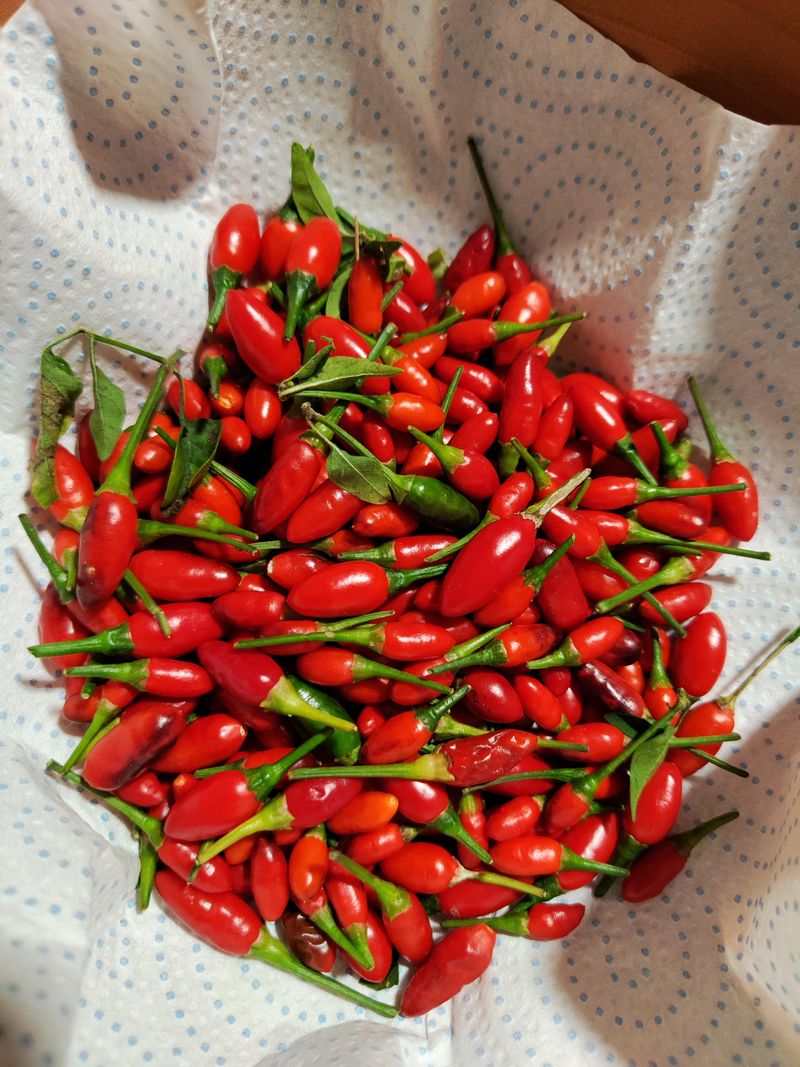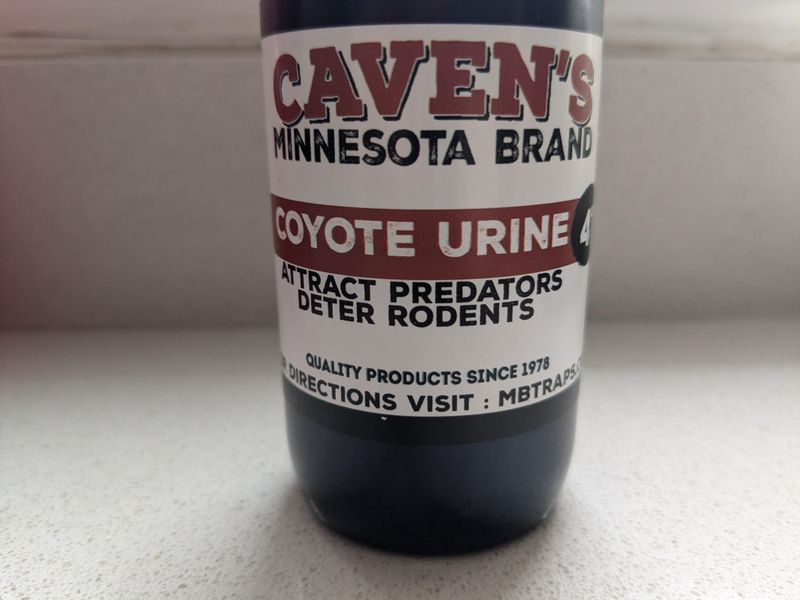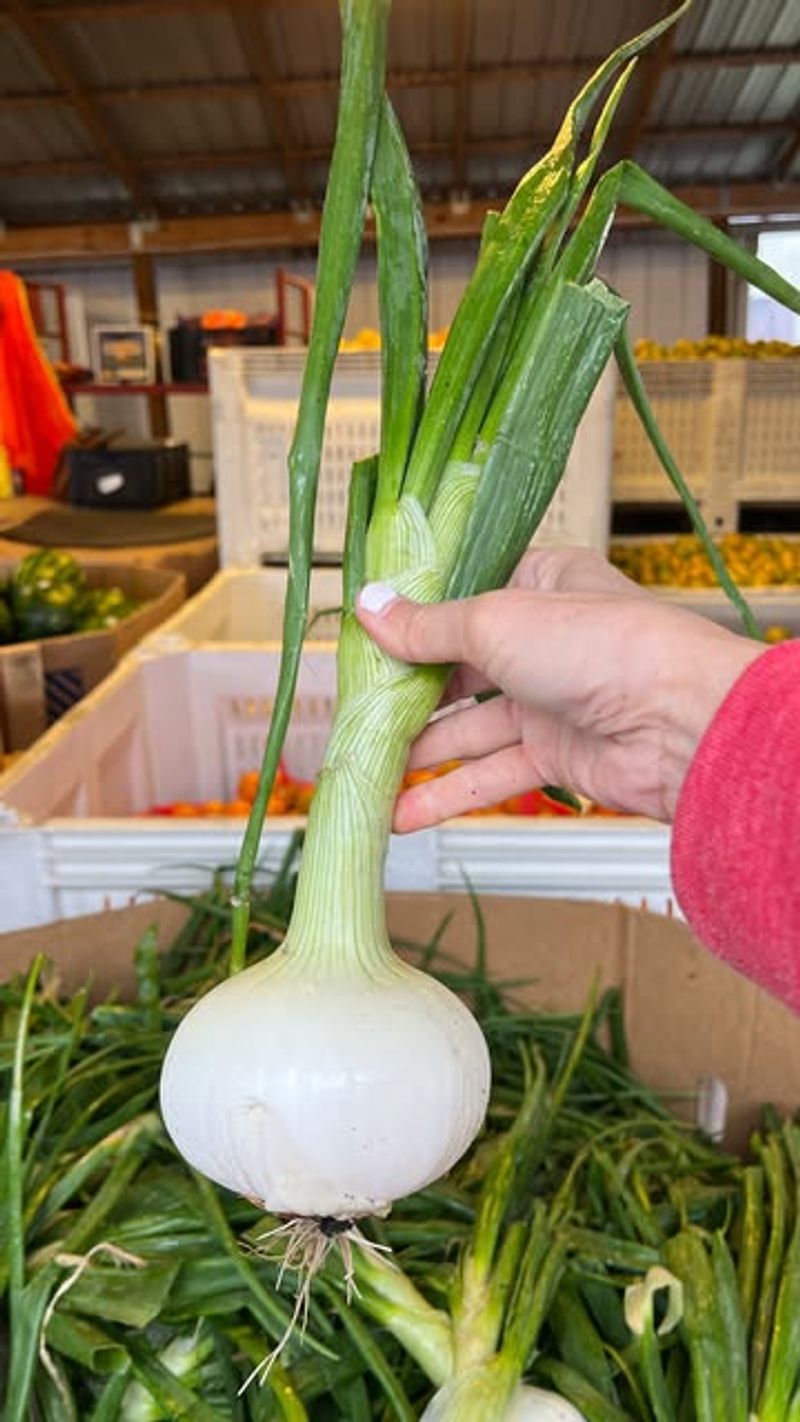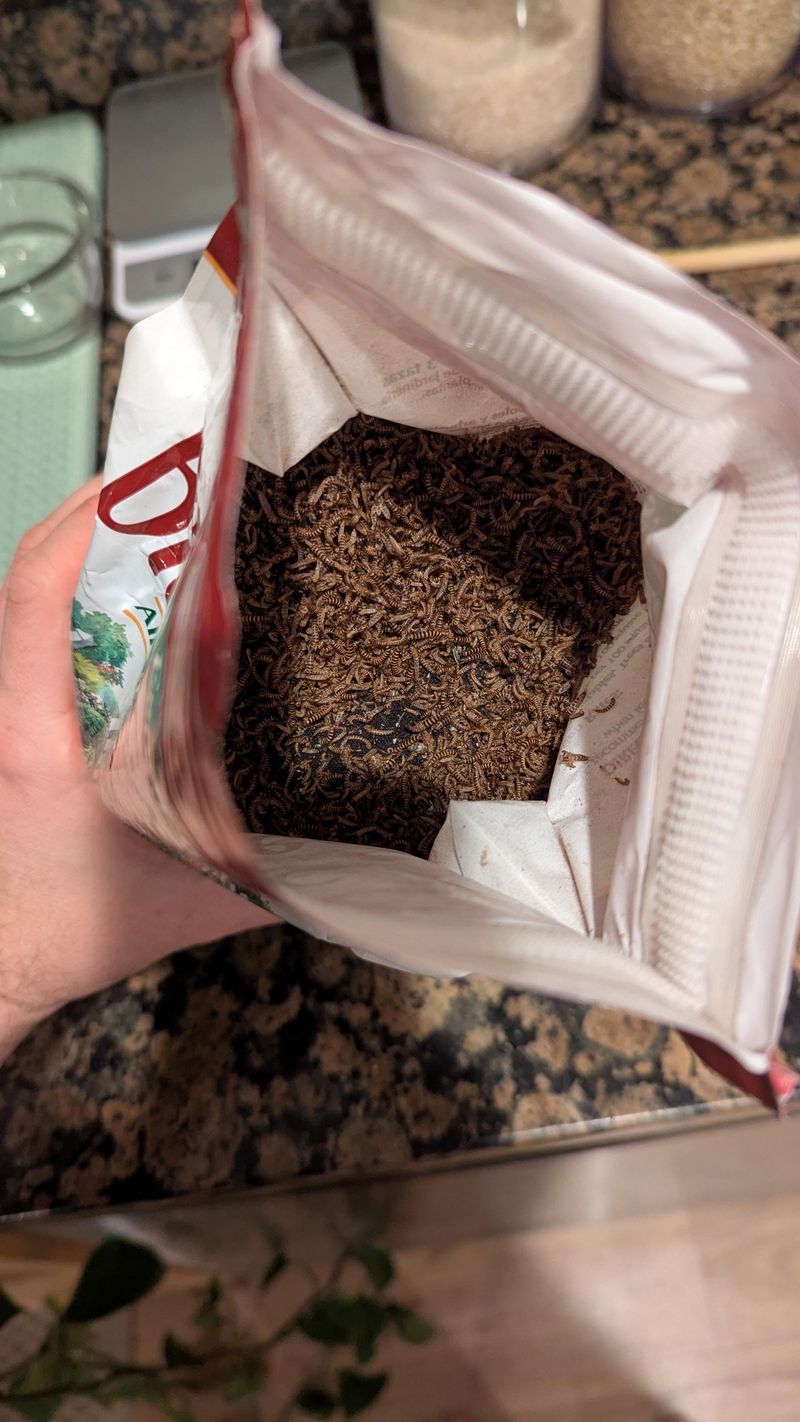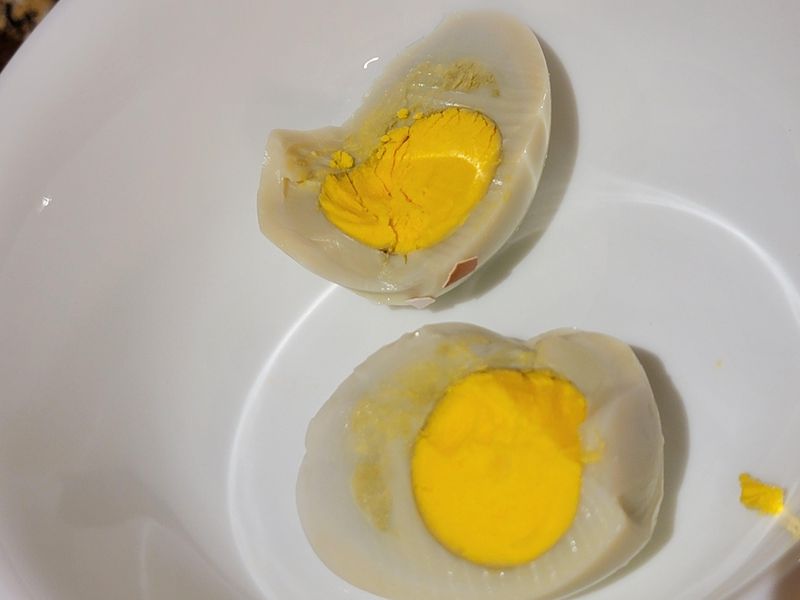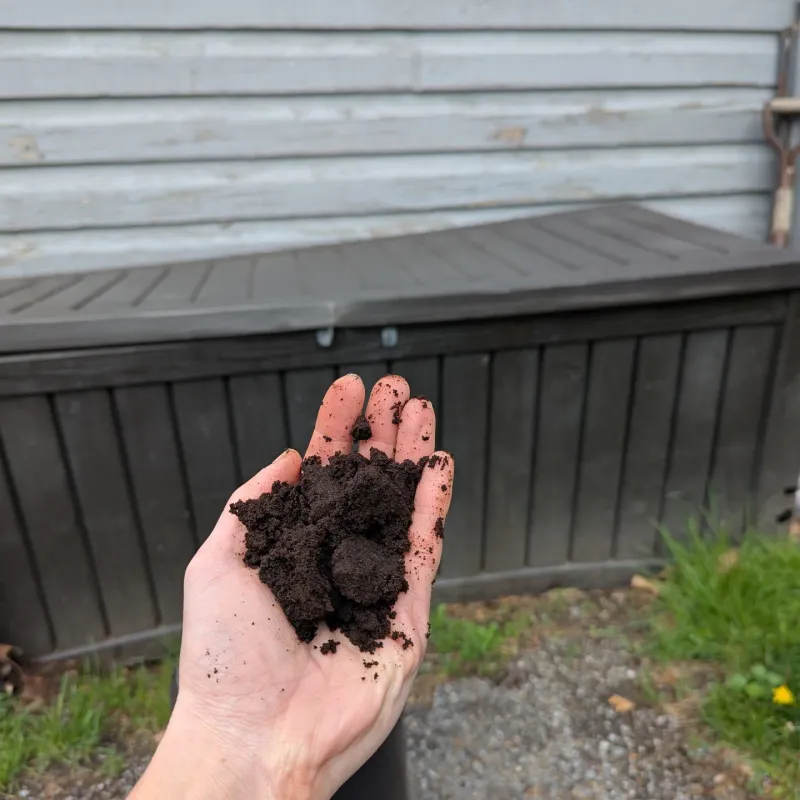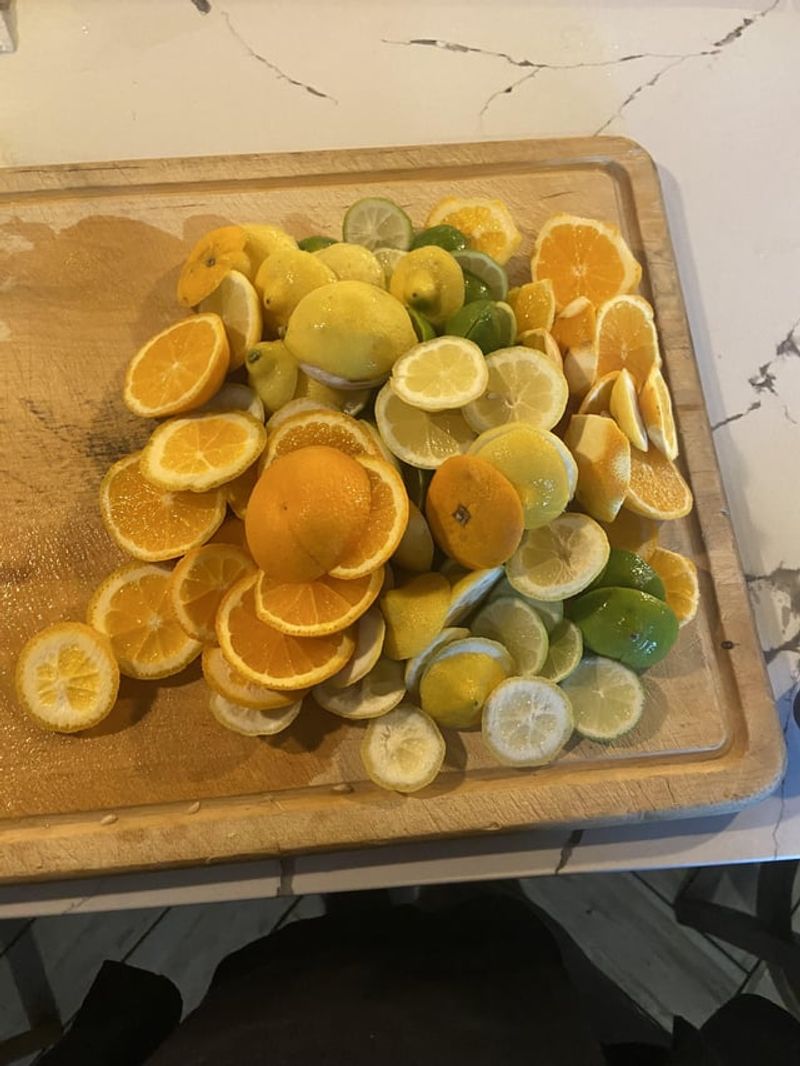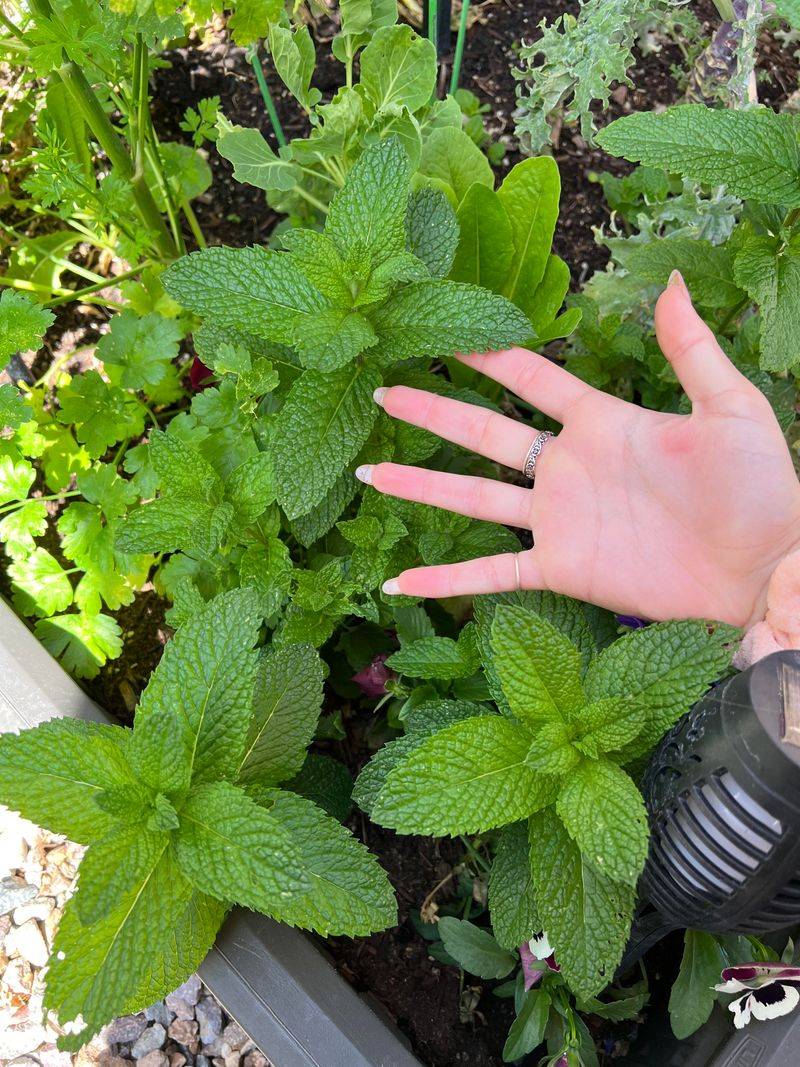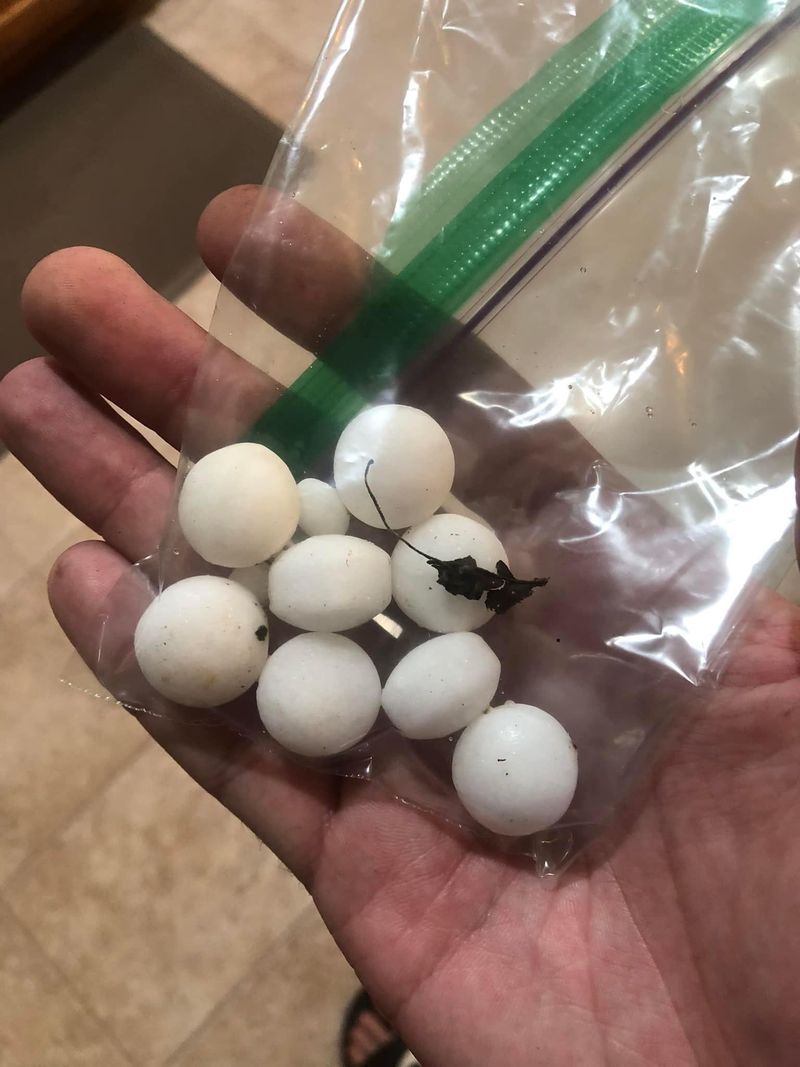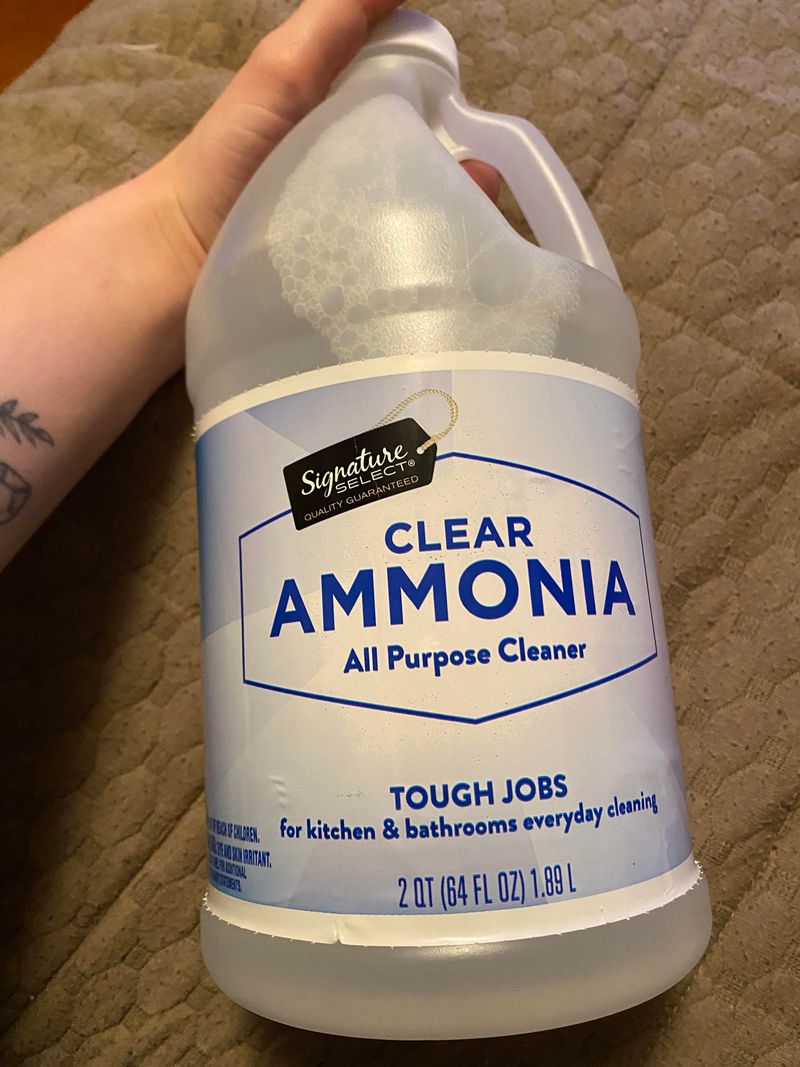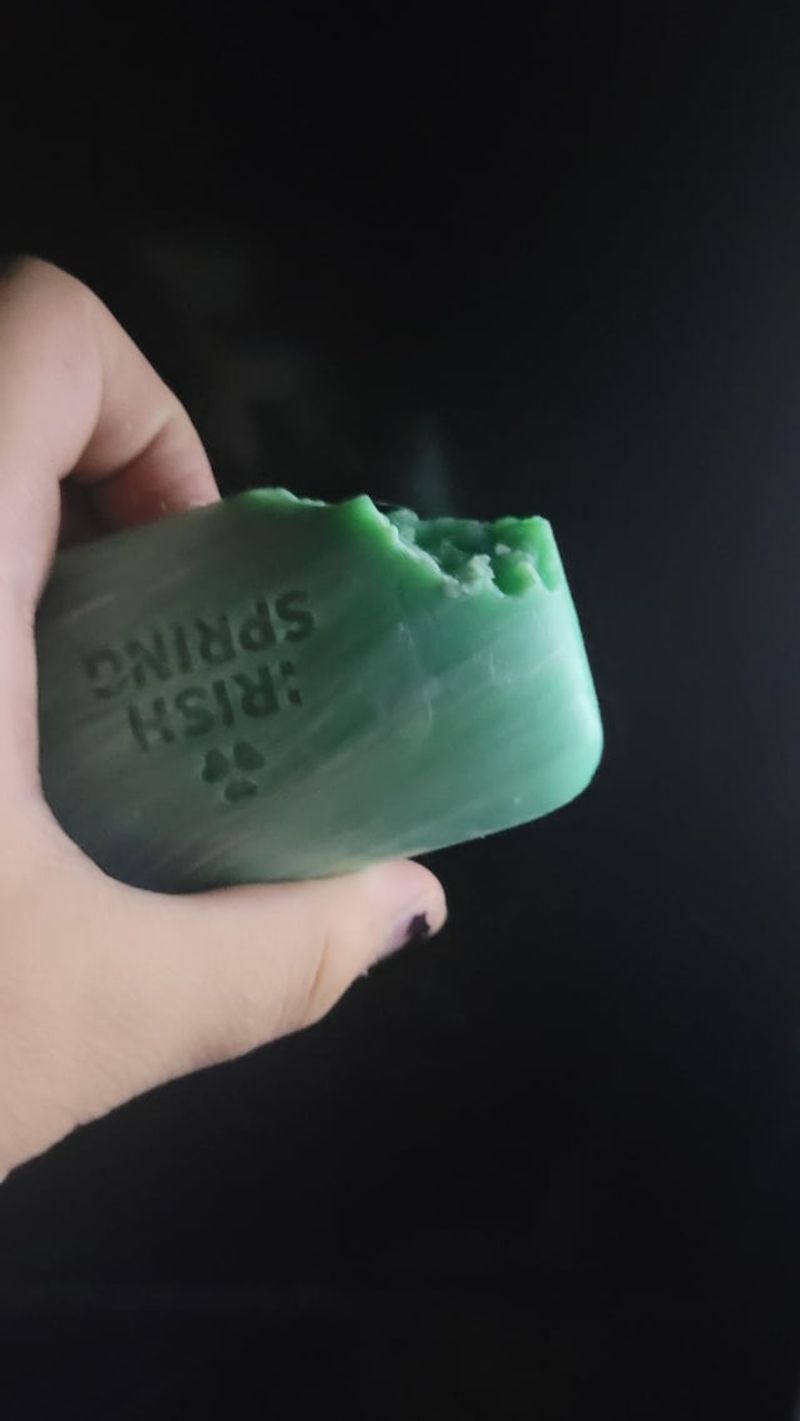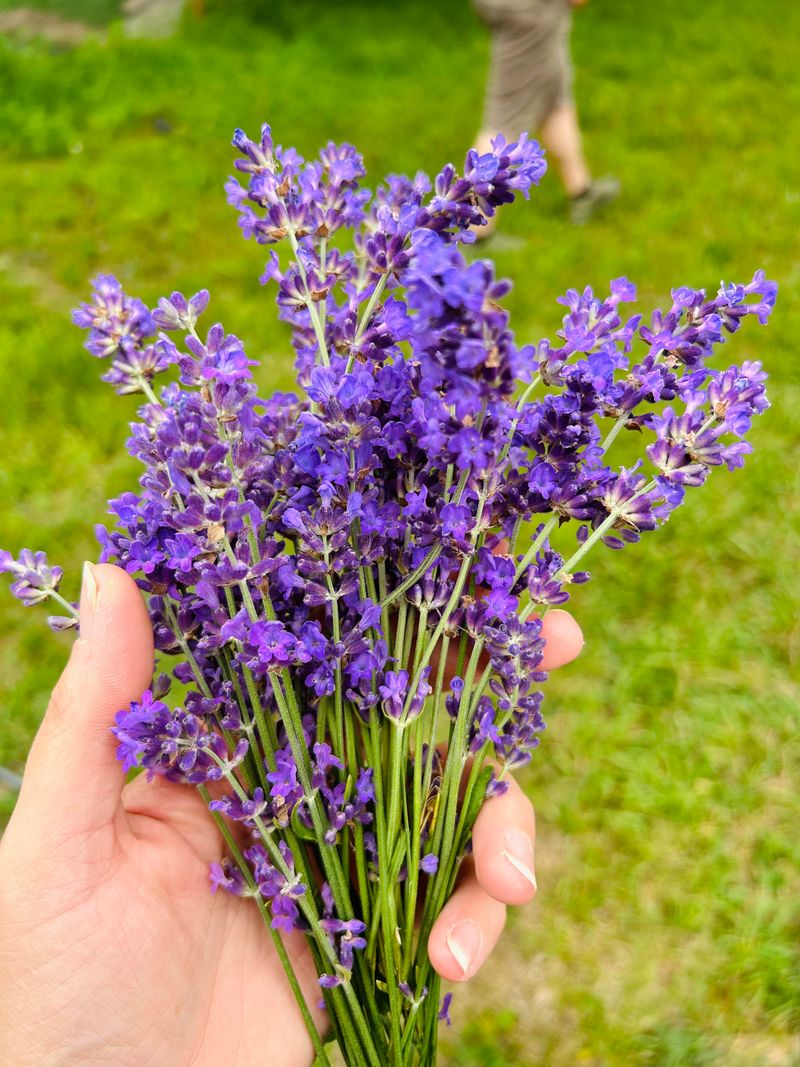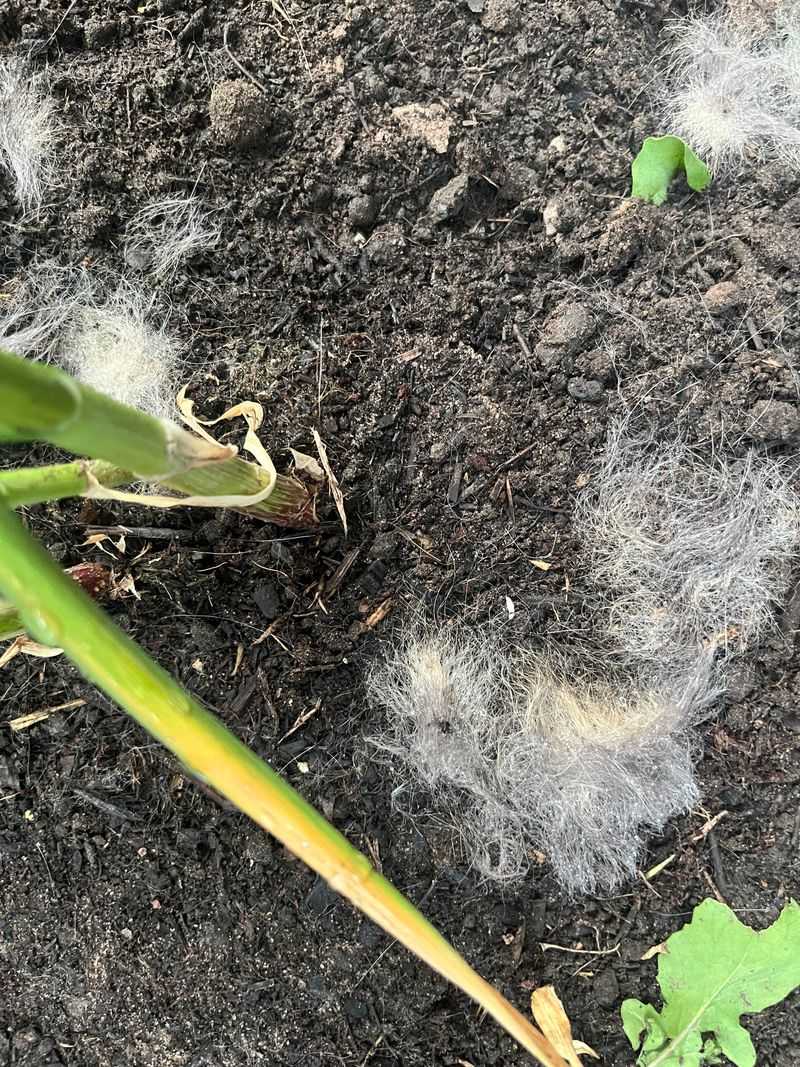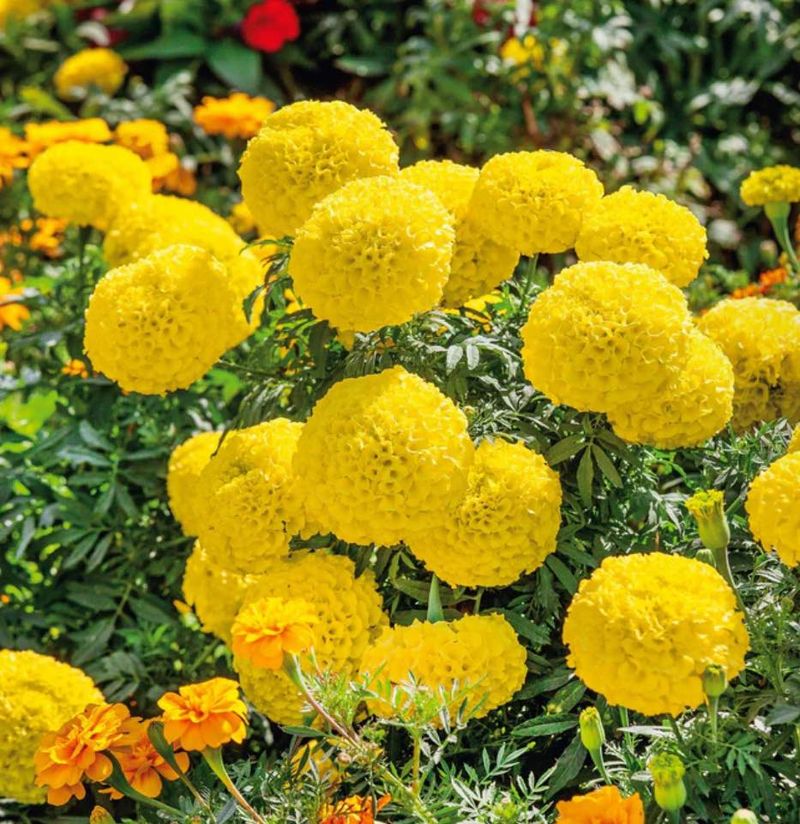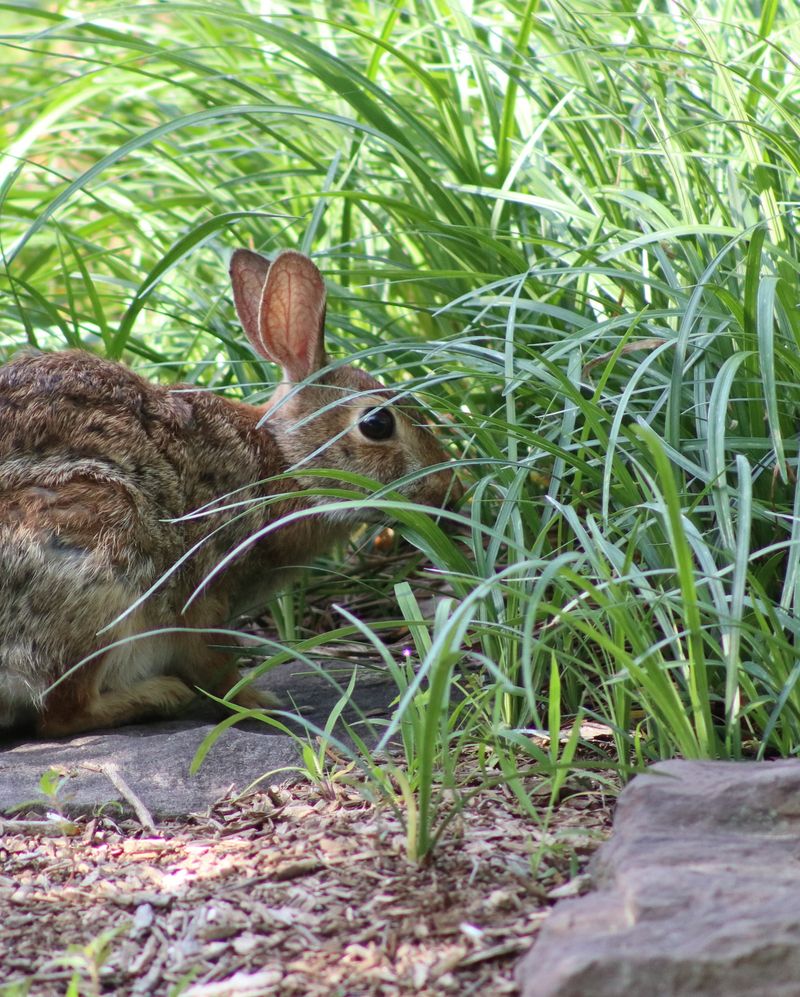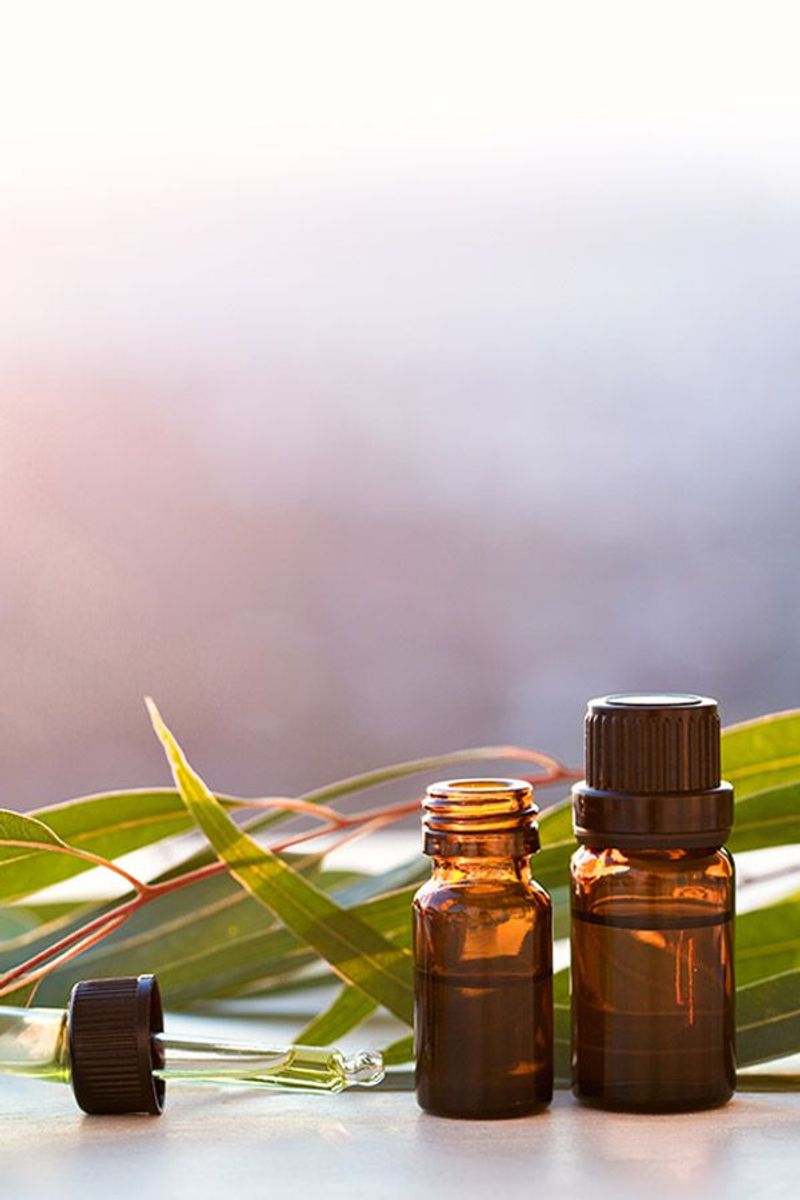Rabbits rely heavily on their powerful sense of smell to navigate their world and detect danger. Understanding which scents repel these furry friends can help you protect your garden naturally or keep pet bunnies away from certain areas.
Whether you’re a gardener or a rabbit owner, knowing these smell deterrents gives you humane options for managing rabbit behavior.
1. Garlic’s Pungent Punch
Rabbits flee from garlic’s strong sulfurous compounds that overwhelm their sensitive noses. The intense aroma signals danger to their instinctive brain, triggering immediate avoidance behaviors.
Garden enthusiasts often create garlic sprays by soaking crushed cloves in water overnight, then spraying the solution around plant borders. For indoor rabbit owners, a small dish of crushed garlic placed strategically can create boundaries without harming your furry friend.
Fun fact: A single garlic clove contains over 400 chemical compounds, many of which contribute to its rabbit-repelling properties!
2. Vinegar’s Sharp Sting
Vinegar’s acidic bite sends rabbits hopping in the opposite direction. The sharp, sour smell completely contradicts the natural plant aromas rabbits are drawn to in their environment.
Mixing equal parts white vinegar and water creates an effective barrier spray for garden edges or indoor no-go zones. The smell dissipates for humans after drying but remains detectable to rabbits’ superior olfactory systems.
Many gardeners soak cotton balls in vinegar and place them in small containers with holes punched in the lids, creating longer-lasting repellent stations around vulnerable plants.
3. Spicy Pepper Power
Capsaicin, the compound that gives hot peppers their kick, creates an invisible barrier that makes rabbits turn tail immediately. Their sensitive nasal passages can’t handle the spicy irritation these potent compounds produce.
Gardeners often sprinkle cayenne pepper flakes around plant bases or create pepper sprays by steeping hot peppers in water. The natural oils in peppers stick to plants even after light rain, providing lasting protection.
Even dried pepper flakes maintain their effectiveness for weeks, making them a cost-effective option for large garden areas where rabbits frequently visit.
4. Predator Urine Terror
Nothing triggers a rabbit’s flight response faster than the scent of predator urine. Fox, coyote, or wolf urine creates primal fear in rabbits, signaling immediate life-threatening danger in the area.
Commercial predator urine products come in granules or liquid forms that can be sprinkled around garden perimeters. The smell communicates to rabbits that a predator has marked its territory and is actively hunting nearby.
Many farmers report that strategic placement of predator scents can reduce rabbit damage by up to 85% in vulnerable crop areas, making it one of the most effective natural deterrents available.
5. Onion’s Eye-Watering Effect
Onions contain potent sulfur compounds that rabbits find absolutely revolting. The same chemicals that make humans tear up when chopping onions create an overwhelming sensory experience for rabbits’ more sensitive noses.
Planting onions as border plants around gardens provides a living rabbit barrier. Alternatively, onion peels and scraps can be scattered around vulnerable plants, releasing their protective aroma as they decompose.
Garden centers now sell onion-based sprays specifically formulated to deter rabbits while being safe for plants and other wildlife, offering convenience for those who don’t want to make homemade solutions.
6. Blood Meal’s Frightening Fragrance
Blood meal, a garden fertilizer made from dried animal blood, triggers instinctual fear in rabbits. The coppery, metallic smell signals predator activity and potential danger.
Sprinkling blood meal around garden beds serves double duty – fertilizing plants while creating a rabbit barrier. The nitrogen-rich composition breaks down slowly, providing weeks of protection before needing reapplication.
Gardeners should apply blood meal sparingly, as too much can burn plants with excess nitrogen. A thin line around garden borders usually provides sufficient protection without risking plant damage.
7. Sulfur’s Rotten Egg Reek
Sulfur compounds create that unmistakable rotten egg smell that rabbits find particularly offensive. Their sensitive noses can detect even minute traces of sulfur, causing immediate aversion.
Garden supply stores sell sulfur-based repellents in powder form that can be dusted around plant bases. Rain activates these products, releasing the smell gradually and extending their effectiveness.
Interestingly, sulfur also repels many insects that damage plants, providing multi-purpose protection. Just be prepared for the initial unpleasant smell when first applying it, though humans typically adjust to the odor more quickly than rabbits do.
8. Coffee Grounds’ Bitter Barrier
Used coffee grounds emit a bitter, acidic aroma that rabbits strongly dislike. The concentrated scent overwhelms their sensitive olfactory systems and signals them to stay away.
Coffee grounds can be sprinkled directly onto soil as a rabbit deterrent that also adds valuable nutrients. Many gardeners create a coffee ground mulch layer around particularly vulnerable plants or along garden borders.
Local coffee shops often give away used grounds for free, making this an economical option for large gardens. The grounds need refreshing after heavy rain but generally maintain their effectiveness for several weeks in dry conditions.
9. Citrus Zest Zing
Citrus peels and oils contain limonene, a compound rabbits find overwhelmingly intense and unpleasant. Their sensitive noses can detect citrus oils from surprising distances, making them avoid these areas entirely.
Scattered orange, lemon, or grapefruit peels create natural barriers around garden beds. For longer-lasting protection, some gardeners make citrus oil sprays by steeping peels in water, then adding a drop of dish soap to help the solution stick to plants.
Citrus repellents work especially well in enclosed spaces like garden sheds or garages where rabbits might seek shelter, as the concentrated aroma quickly fills the area.
10. Mint’s Menthol Mayhem
Mint contains menthol, which creates a cooling, intense sensation that rabbits find overwhelming. The strong aroma overloads their sensitive olfactory receptors, creating immediate discomfort.
Growing mint plants around garden borders creates a living rabbit barrier with the added benefit of harvesting fresh mint for human use. Peppermint and spearmint varieties tend to be most effective, with their higher menthol content.
Dried mint leaves can be crushed and sprinkled in problem areas, or mint essential oil can be diluted and sprayed for quick temporary protection. Just be careful with mint plants, as they spread aggressively and can take over garden beds!
11. Mothball Menace
Mothballs contain naphthalene or paradichlorobenzene, chemicals that produce a strong, distinctive odor rabbits absolutely cannot stand. Their potent smell creates an invisible force field that keeps rabbits at bay.
Caution is necessary with mothballs, as they’re toxic to pets and children if ingested. They should only be used in enclosed spaces like sheds or garages where rabbits might enter, but children and pets cannot.
A safer alternative is to use cedar blocks or chips, which have a similar repellent effect without the toxic chemicals. Cedar mulch around garden beds provides long-lasting rabbit protection while also suppressing weeds.
12. Ammonia’s Acrid Assault
Ammonia’s harsh, chemical smell mimics predator urine, triggering rabbits’ instinctual fear response. The pungent aroma signals danger and sends rabbits looking for safer territory immediately.
Cotton balls soaked in ammonia can be placed in small containers with holes punched in the lids, then positioned around garden perimeters. This method contains the smell while still allowing it to disperse enough to deter rabbits.
Always use ammonia outdoors in well-ventilated areas, as the fumes can be irritating to humans as well. Reapply after rain or when the smell noticeably fades, usually every 1-2 weeks.
13. Irish Spring Soap Surprise
Irish Spring soap contains tallow and other strong-smelling compounds that rabbits find particularly offensive. The lingering scent confuses and repels them, keeping them away from treated areas.
Gardeners often cut bars into small chunks and place them in mesh bags hung from stakes around garden perimeters. Rain actually helps activate the soap, releasing more of its scent and increasing its effectiveness.
A single bar can be grated and sprinkled around plants for more widespread protection. The soap gradually dissolves into the soil without harming plants, making it an environmentally friendly option that lasts for weeks.
14. Lavender’s Lovely (But Loathed) Scent
Humans may adore lavender’s calming fragrance, but rabbits find its intense floral notes completely overwhelming. The concentrated essential oils in lavender create sensory overload for their sensitive noses.
Planting lavender as a border around gardens creates a beautiful, fragrant barrier that serves multiple purposes. The plants attract beneficial pollinators while simultaneously keeping rabbits at bay.
Dried lavender sachets can be placed in areas where pet rabbits shouldn’t go, or lavender essential oil can be diluted and sprayed around problem spots. The pleasant aroma makes this an ideal choice for areas near patios or outdoor living spaces.
15. Human Hair Horrors
Human hair contains scent markers that signal predator presence to rabbits. The unfamiliar human smell triggers their survival instincts, marking the area as potentially dangerous territory.
Hair collected from brushes or salon floor sweepings can be scattered around garden beds or stuffed into old nylon stockings and hung from stakes. Rain actually helps release more scent molecules from the hair, temporarily increasing its effectiveness.
Many gardeners report that hair from multiple family members provides better protection, possibly because the varied scents suggest multiple predators in the area. This completely free deterrent typically needs replacing every few weeks as the scent fades.
16. Marigold’s Mighty Defense
Marigold flowers release a distinctive sulfur compound that rabbits find particularly offensive. The bright blooms may look cheerful to us, but their scent sends rabbits looking elsewhere for dinner.
Planting marigolds as companion plants throughout vegetable gardens or as border plants creates living rabbit protection. French and African marigold varieties tend to have the strongest scent and provide the best rabbit deterrent effect.
Crushed marigold flowers can also be used to make a potent spray by steeping them in hot water, then straining and adding a drop of dish soap. This spray can be applied directly to plants rabbits frequently damage.
17. Talcum Powder’s Troubling Texture
Talcum powder creates a double-deterrent for rabbits – the fine particles irritate their sensitive noses while the distinctive smell signals an unnatural environment. Rabbits strongly prefer familiar, natural scents and avoid anything that seems artificial.
Sprinkling talcum powder around plant bases creates a protective barrier that rabbits won’t cross. The powder needs reapplication after rain or heavy dew, but provides effective short-term protection for newly planted seedlings.
Baby powder with cornstarch instead of talc offers a safer alternative for gardens where pets or children play. Both versions create the same sensory deterrent effect that keeps rabbits hopping in another direction.
18. Eucalyptus Oil’s Potent Punch
Eucalyptus oil contains cineole, a compound that creates an intense, medicinal aroma rabbits find overwhelming. The powerful scent overloads their sensitive olfactory systems, causing immediate avoidance behavior.
Cotton balls soaked in diluted eucalyptus oil can be placed in small containers around garden areas. The oil slowly evaporates, creating an invisible barrier that rabbits won’t cross.
Eucalyptus branches can also be scattered around garden beds, releasing their protective oils as they dry. As an added benefit, many insects also avoid eucalyptus scent, providing multi-purpose garden protection from various pests.
19. Chili Oil’s Fiery Frontier
Chili oil creates a sensory assault on rabbits’ delicate nasal passages. The capsaicin compounds irritate their sensitive mucous membranes, creating an immediate and memorable aversion.
Gardeners often mix a few drops of hot chili oil with water and a bit of dish soap to create a spicy spray for plant leaves. The soap helps the oil stick to surfaces, extending its effectiveness even through light rain.
For persistent rabbit problems, some gardeners soak rope or twine in chili oil and lay it around garden borders. This creates a longer-lasting barrier that rabbits quickly learn to avoid after their first uncomfortable encounter.


